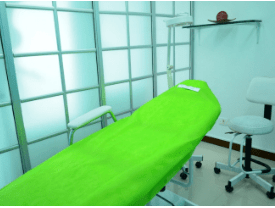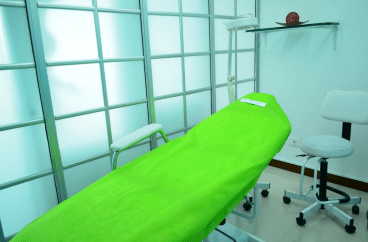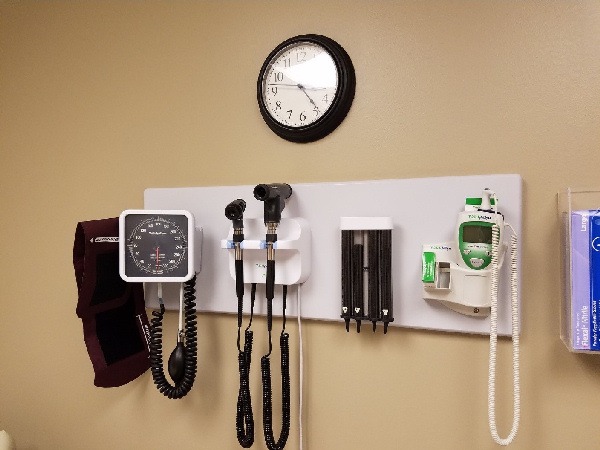Best Tips For Urgent Care


Urgent Care is a convenient and less time-consuming alternative to the Emergency Room. In a similar concept, the facility can often be a lifesaver when getting an appointment with a primary doctor is virtually impossible, and you have a specific worry. The intention behind the establishment is to meet these immediate needs when the doctor is unavailable, and the situation is not entirely an emergency. Find out how to make your visit the optimum at https://www.healthline.com/health/making-urgent-care-visits-better.
The Best Advice In Preparation For Your Trip To Urgent Care
It can often take significant time to get an appointment with a primary doctor. That’s okay if you’re scheduling an annual wellness exam or general checkup. But if you have a sick call or a medical issue that’s concerning you, these things need immediate attention.
In some cases, the situation isn’t dire enough to go to the emergency room, and some people prefer not to go there to avoid the potential of getting ill.
Fortunately, with the establishment of Urgent Care facilities such as AFC urgent care, there is an “in-between” alternative to these options helping people to get the help they need without having to wait for an appointment and outside of the hospital setting.
Some things you should know before you visit one of the facilities include:
- Learn Whether Urgent Care Is Right For Your Issue Before You Go: The emergency room is the place to go for severe illness and injury or life-threatening circumstances. Going to one of these establishments will merely waste critical time in getting the assistance that you need because these professionals will need to call an ambulance.
With one of these institutions, the clinicians handle minor situations including sports injuries, slight burns, stitches, minor ailments including headaches, sore throats, colds, flu, or an elevated temperature, help with minor respiratory issues, and UTI.
- Understand The Visit Will Take Time: As in the E.R. (not quite as hectic or chaotic but a similar system), Urgent Care patients are taken as they come in – first-come, first-serve. The general rule is that a patient should allow at least one hour from arrival to departure, possibly less.
It’s perfectly acceptable to call ahead, particularly if you’re in any way feeling discomfort, to get an estimate on wait times but understand these change moment by moment. The best advice is to go when you aren’t feeling anxious, and there’s no rush. You also want to avoid the end of the day near closing when you could risk the clinic not being able to see you.
- Remember Your Insurance Card: If you have insurance, don’t forget to take your card so the staff can run it for the charge. If you go without it, you run the risk of being asked for payment. There will be a charge for the visit, and the expectation is that you will pay something towards it.
Even with insurance, there is usually a copay required for these visits. It’s essential to be prepared to make a payment when you go. These are typically less than what they would be for the emergency room but a bit more than a primary.

The physicians and medical staff in these facilities are unfamiliar with you, needing you to relate at least the basic aspects of your medical history so that they can safely provide a diagnosis.
You should bring medications that you’re currently taking and have a list of allergies and surgeries. Any prescriptions provided should be sent to the pharmacy you regularly use because these professionals monitor for interactions and other potential issues.
Even if the problem gets resolved through this visit, you need to contact your regular physician to advise the office of your visit so the staff can document the condition to ensure the medical record remains complete and for continuity of care. Optimally, you should request these records be sent to your primary from the urgent care team directly or ask for a hard copy that you can pass on.
It may seem like a lot to have to deal with for a visit with a medical provider, but when you need prompt care for something worrying and your doctor has nothing available for weeks, but it’s not a dire emergency, it is really a lifesaver for many people. The “red tape” might sound like an ordeal, but genuinely that’s consistent across the board with any provider you go to.





